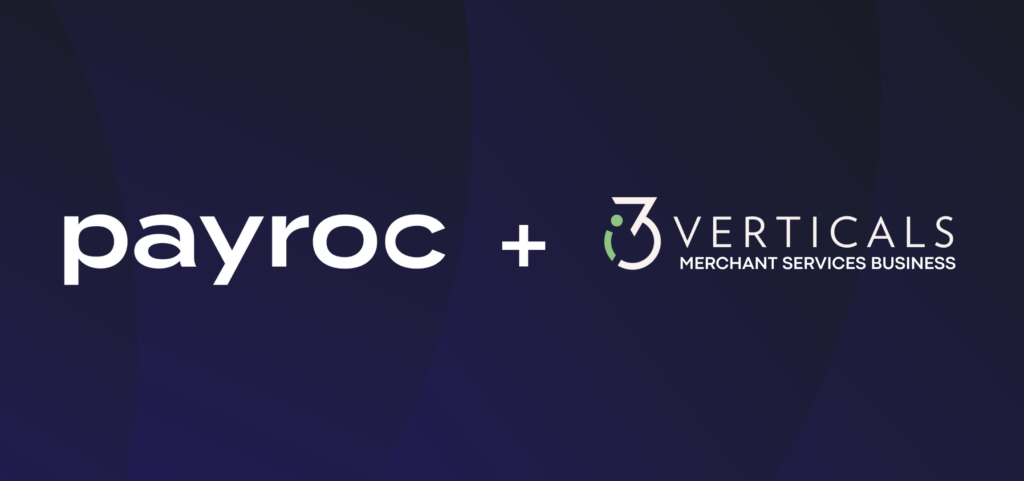Why Small Business Can Lead the Way for B2B Payments Change
 Old habits die hard, and there is no exception in the B2B industry where the amount of paper invoices and checks are extensive and cause friction and inefficiency in the digital age. But what if small businesses (SMBs) could provide some of the insight – and the push – to achieve the digitalization of B2B payments?
Old habits die hard, and there is no exception in the B2B industry where the amount of paper invoices and checks are extensive and cause friction and inefficiency in the digital age. But what if small businesses (SMBs) could provide some of the insight – and the push – to achieve the digitalization of B2B payments?
Today’s B2B Payments Waste is Staggering
According to PYMNTS.com, the B2B market, which is a $127 trillion market, grows at five times the rate of retail eCommerce payments. However, there exists some $3 trillion worth of inefficiencies in how those payments flow between trading partners. Much of that friction stems from the prominent role that paper plays in making sure businesses get supplied and paid.
In fact, recent research found that 64 percent of B2B payments are still made with checks, even though 67 percent of consumer payments are made electronically. That’s a payment gap that desperately needs to be closed. And that’s where small business payment practices can help influence payment change for the better.
Can SMB Payments Influence Change?
That is the thinking behind Intuit’s recent investments in the digital B2B payments and accounting environment, which uses Big Data and other tools to give small businesses better visibility into their cash flow and access to working capital which enables more efficient electronic payments. Such investments, especially around the use of Big Data to drive innovation, “can change the game for the small-business survival rate,” said Rania Succar, vice president and business leader for QuickBooks Payments and Capital at Intuit.
According to Succar, SMB payment practices can be the conduit for payments change in the B2B sector by using machine learning (ML) to better understand how money flows among businesses and between accounts receivable and payable departments. QuickBooks garners an enormous amount of Big Data through the 240 million invoices that are run through its accounting software annually. The owners and operators of the 3.4 million businesses using the platform tend to be from a younger generation who embrace technology and want access to an end-to-end, streamlined B2B payments process.
Big Data Reveals Efficiencies
Using this data can help promote efficiencies, discounts, and other benefits around setting payment terms. It means being able to show an invoice in a digital platform as an expense, without risking any paper cuts, that can be set up for automatic payment, based on payment terms that buyers and suppliers negotiate — often resulting in accelerated payment cycles. It also means, she said, increasing “the ability of small businesses to get paid how customers want to pay them,” which leads to more development of omnichannel, mobile, and other digital payment technologies.
This data can help drive the change needed in the B2B market to develop new products, services, and processes and can help catapult the B2B payments digitization push to the forefront. “Once you get people out of the habit of paper invoices and traditional checks, that will immediately improve the time to pay,” Succar said. “That will change the game.”
Does Your Company Need a B2B Payment Solution?
Contact us online or call 1-800-621-8931.
Subscribe to Card Talk
Our monthly newsletter delivers the latest payments news straight to your inbox


